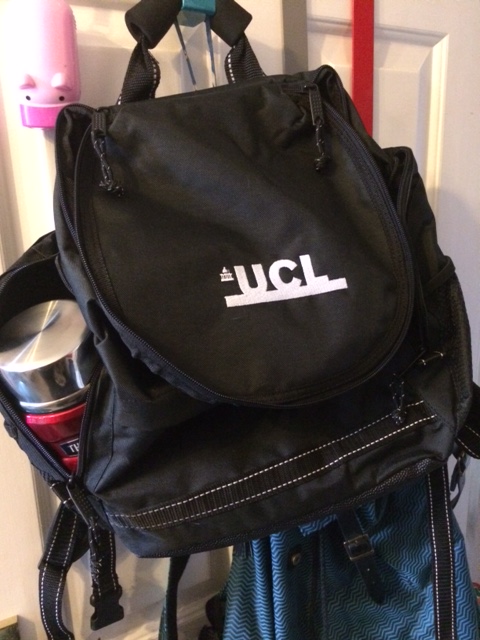I keep getting phonecalls from my family asking if I am okay now that I have started my PhD and am I really ready to go back. I think ‘what on earth are they on about?’ But then they tell me that, the last time they knew anything about my PhD status is via my blog posts and the last few have been a bit grim, oh my!
A few weeks ago I had to attend a session with the student support team. In the room there was a proper professional psychiatrist with an NHS lanyard! This made me a bit worried because I didn’t think I had a proper serious condition that needed a psychiatrist and I suddenly felt stigma like that Goffman fella went on about. However, they were very impressed and satisfied with all that I had achieved to prepare myself for my return. The psychiatrist said that sometimes they have students coming to the ‘back to work’ meeting who say they want to come back, but have not actually done any work to reflect on what their issues were or make sure they have support in place to stop their stress or anxiety or whatever ruining their experience again.

Shake it all about: Signs in the student wellbeing offices
I was really happy that all that I had done was the right thing and celebrated my official stamp of approval to return with a suitably branded new rucksack so that I feel like a proper legitimate member of the UCL IOE community. Also, it is a great bag because I can fit two, yes two, flasks in for coffee and another one for homemade soup for my London days:

Cheeky Thermos says: ‘Happy to help!’
So what did I do to ‘recover’? Well I am not sure exactly. Mainly I suppose it is just taking time out to reflect, listen to other people’s advice(thanks everyone!) and just be more open and honest about one’s feelings. I did have counselling for 7 weeks leading up to the interruption, so I just continued building on that. I now see the PhD as a task. And I can do this task. Just like I am amazing at tasks such as tidying, cleaning, organising my haversack and creating magnificent art sculptures for my new clean and tidy study (see photo below).

Before: What the…?!

After: Wonderful! (no, it does not look like ‘The Ring’)
This probably isn’t handy advice for other PhD students struggling as not everyone is as amazing at cleaning and organising or art like I am (see how my self-hatred has turned into the opposite! Oh dear, have I developed a disorder to whatever that turnip Donald Trump has). But you must be pretty amazing at something – just try and apply that skill to the PhD.
I would also recommend also reading this book: Your PhD Coach. It has some handy exercises.
Additionally, my university has an online and telephone counselling service, so I feel like there is support there if I need it and that is comforting. I almost messaged them last week (my first week back) because I was in procrastination to the max mode. But I have decided to wait a bit because it is only week 2 and this is probably just the normal settling in process. I have a new temporary part time admin job (for Luton International Carnival) and need to settle into that, plus I need to get back into the swing of things in general.
So that’s all okay. I am not scared or embarrassed to admit I need help nor to ask for it. In fact I am quite intrigued to see how the online counselling session works. Can I just message them and say ‘help! I can’t stop cleaning my toilet’ when I have a procrastination attack? I’ll let you know.
Finally I have support of my writing chums and a Saturday study buddy. At least once a month I’ll join in our ‘Shut up and Write’ marathons which are 4 days of intense writing. I have booked them all in my diary and will use them to structure the rest of the month.
I think the key really is focus, a bit of planning, a tidy organised workspace and working on one’s self-confidence. Instead of spending a day or two recovering from when my demons attack me, now if they come, I just bat them away and it might only take 5 minutes or sometimes an hour, to recover from the negative thinking. I am still quite bad at procrastination and really need to work on that. However, right now my toilet is filthy and I don’t have an urge to clean it. Now that’s pretty good progress.
